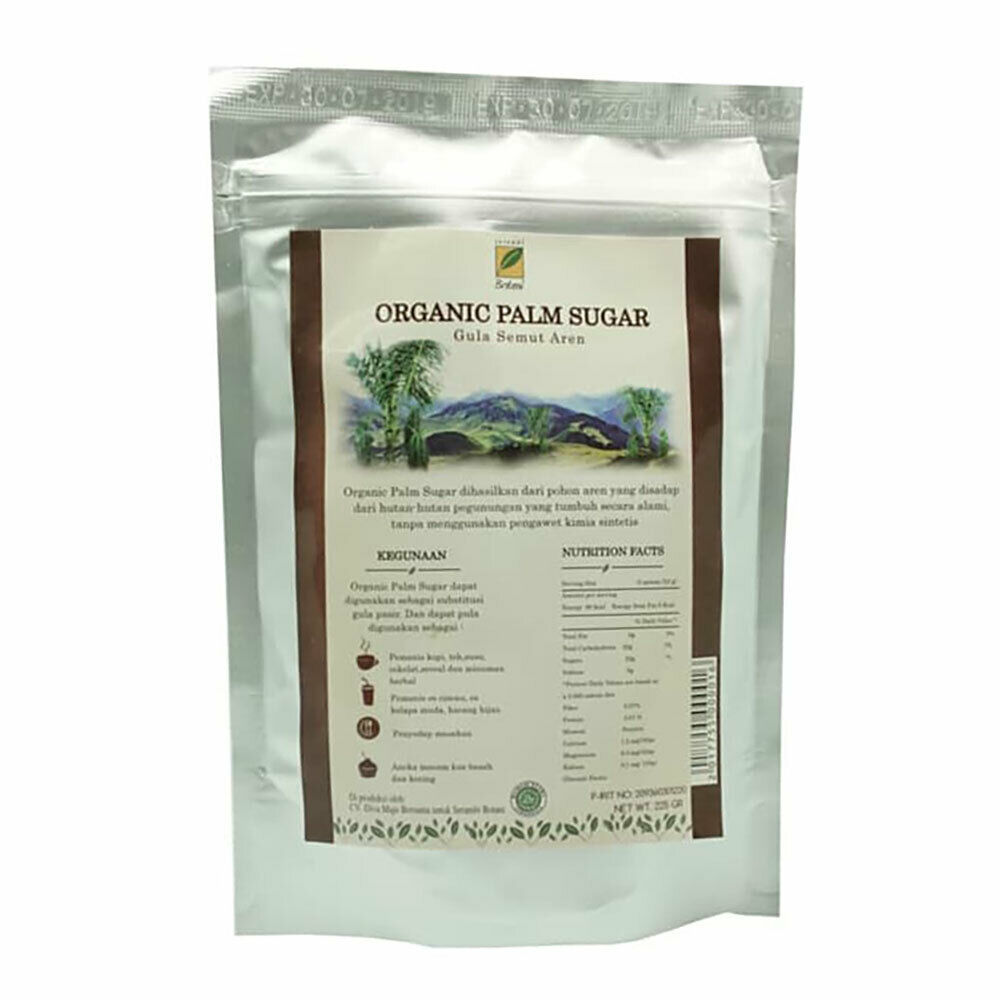-40%
NATIVE Organic Delicious Brazilian Crystal Sugar - Ships same day 1 kg (2.2lb)
$ 6.33
- Description
- Size Guide
Description
The Native organic sugar is the outcome of an agro-industrial system that combines modern technology with natural farming practices, a process in which the cane is planted using organic management, subjected to biological pest control, and harvested green, i.e. not burnt, which, in addition to maintaining its qualities intact, preserves the soil and the environment. Each grain of the Native sugar is the purest, healthiest essence of sugar syrup - hence its fruity taste.Native Alimentos is a pioneer in the organic market, having received organic certification in 1997!! Today, Native Alimentos produces 30% of the organic sugar that circles the globe. You can seek "projeto cana-verde" on youtube to learn more how the project was developed and how the positive results have put Native Alimentos at the forefront of organic farming distributing its products to 140 countries.
Benefits of Organic Agriculture
Organic farmers consider nature their ally. To plant, they evaluate factors such as the conditions and nature of the soil, weather, the water regime, average rainfall, local biodiversity, and even the influence of the stars on natural cycles.
Based on this assessment, which involves knowledge of various sciences, such as geology, astronomy, agronomy, and ecology, they organize their production systems aiming to favor the natural balance of the soil, preserving its fertility. Organic farming promotes the constant recycling of nutrients that are essential to plants, rendering the system more efficient. To this end, farmers use organic inputs. Organic effluents and plant waste are used to formulate a compost that, when applied to the soil, turns into humus, a substance that is extremely beneficial for both soil and plants.
Attracted by organic matter, microorganisms make the soil porous, loose and permeable to water and air, in addition to transforming this organic matter into food for plants, bringing life to the soil. Pests and diseases are also combated through natural methods, controlling possible infestations without destroying soil fertility. Organic food consumers are the main beneficiaries, since they eat food that is rich in nutrients, with the certainty that there is no chemical contamination in them.
Farmers, in turn, decrease their costs by avoiding the purchase of fertilizers and agrochemicals, reusing waste from their own farms. And the environment is preserved, with great gains to biodiversity.




















